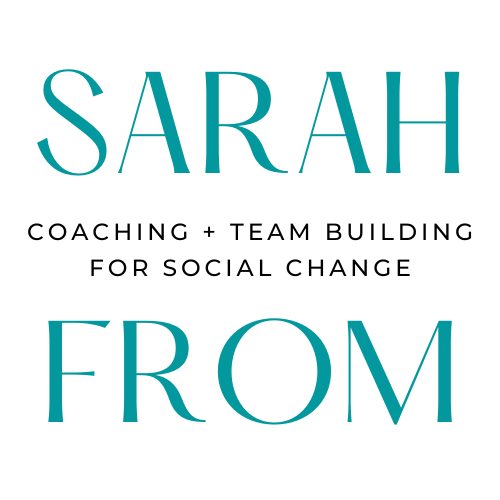Fifteen years ago, my high school photography teacher Mr. Stamoulis -- a man of many witty quips -- put a saying in my head that I've remembered ever since: "Love what you do, and you'll never work a day in your life." Mr. Stamoulis was talking about himself of course, explaining to a room of teenagers why anyone would want to be in his shoes, teaching first-period photography at 7:25 AM to a bunch of teens.
Mr. Stamoulis taught because he loved it. He retired last year after decades at the school. His perspective on work left a lasting impression on me, and it was on my mind when I saw an article about another long career fueled by enjoyment.
On the cusp of 99, Anthony Mancinelli is the world's oldest barber. He was profiled in yesterday's New York Times and expressed an outlook on work similar to Mr. Stamoulis'. Mr. Mancinelli, who began cutting hair when Calvin Coolidge was president, told a reporter, "I'm not even considering retirement, because coming to work is what keeps me going."
What started as a way to make a few extra dollars became a nine-decade career. What does Mr. Mancinelli like about what he does? "I enjoy talking to people, it's the best part of the job."
How many of us are lucky enough to be doing work that will make us feel young at 99?
What Mr. Mancinelli and Mr. Stamoulis are both expressing is the power of purpose. Purpose answers the questions:
- What am I meant to be doing with my time here on Earth?
- What contribution is uniquely mine to make?
Finding work that allows you to live out your answers those questions every day is an incredibly fulfilling way to earn a paycheck.
Have you found work that reflects your purpose? How did you get there?



